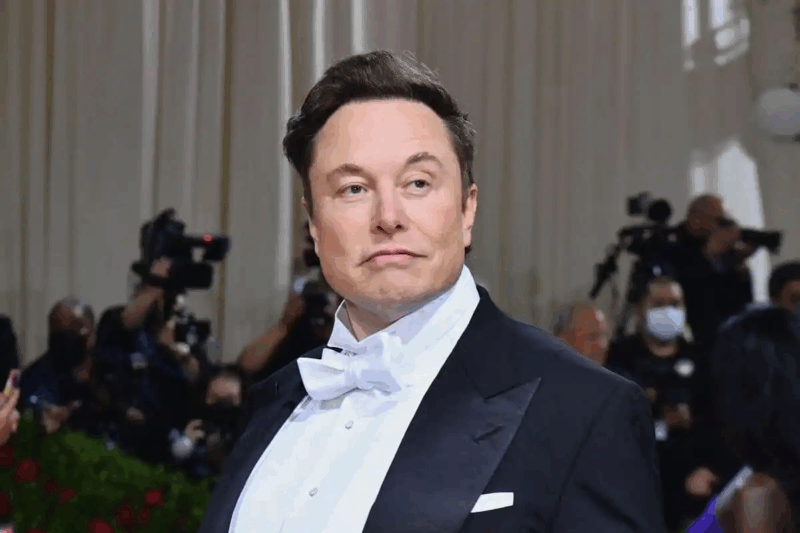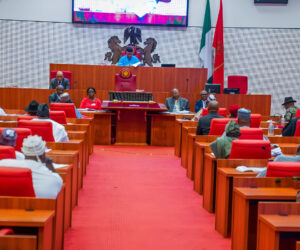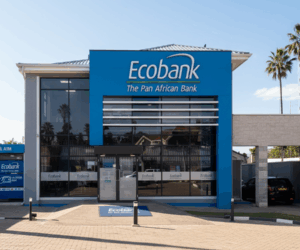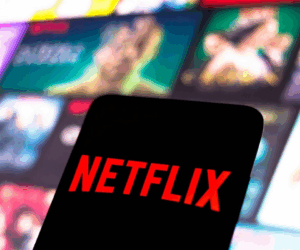Today, Tesla shareholders will vote on whether to approve what could become the most extravagant executive compensation in corporate history, up to $878 billion pay package for Chief Executive Elon Musk.
The decision, to be announced after the company’s annual general meeting in Austin, Texas, will boost Musk’s personal wealth to trillions of dollars and will also reveal how much trust investors have in his leadership and vision to transform Tesla from an electric vehicle maker into a company built around robotics and autonomous systems.
A “yes” would reaffirm that faith and a “no” could unsettle markets.
The proposed package links Musk’s payout to several targets, which include Tesla delivering 20 million vehicles within a decade, putting one million robotaxis on the road, and raising its market capitalisation from around $1.5 trillion to as much as $8.5 trillion.
Supporters call these goals huge but achievable under Musk’s leadership. On the other hand, some see them as an excessive risk that gives too much power to one man.
Among the most vocal opponents are Norway’s sovereign wealth fund and leading proxy advisory firms, who argue the package is “excessive” and “unwarranted.” Still, Elon Musk holds about 15% of Tesla’s shares and is allowed to vote them this time, making the pay package approval highly likely.
The vote also follows a case in Delaware, where Musk’s previous $50 billion package was voided earlier this year. Tesla’s relocation to Texas now allows shareholders to revisit that compensation under different corporate laws.
Tesla’s Chair, Robyn Denholm, in a letter to shareholders, urged support for the plan: “The fundamental question for shareholders at this year’s Annual Meeting is simple: Do you want to retain Elon as Tesla’s CEO and motivate him to drive Tesla to become the leading provider of autonomous solutions and the most valuable company in the world?”
Investors will also vote on whether Tesla should invest in xAI, Musk’s artificial intelligence company. He has previously said Tesla “should back the company,” but the board has not endorsed the move. Some see it as a way to speed up Tesla’s AI vision; others fear conflicts of interest, given Musk’s multiple ventures.
Another proposal seeks to abolish Tesla’s supermajority voting requirement, which currently demands a two-thirds majority to make key changes. Previous attempts to scrap it failed in 2019, 2021, and 2022. If passed, it would lower the threshold to a simple majority, and some investors believe it could consolidate Musk’s influence further.
A separate proposal calls for Tesla to adopt a political neutrality policy, prohibiting partisan activity by executives and assigning oversight to a board committee. Tesla’s board opposes the measure, saying its current governance already ensures transparency and accountability.
This measure indirectly tests investor mindset toward Musk’s outspoken political behaviour, including his public support for former U.S. President Donald Trump.
Despite the near certainty of passage, the vote has divided institutional investors. Norway’s sovereign wealth fund, several U.S. pension funds, and major proxy advisers such as ISS and Glass Lewis have all declared opposition.
Musk’s base of retail shareholders, however, remains fiercely loyal and could provide the margin of victory, as they did in last year’s shareholder vote.
Musk’s personal ventures, public remarks, and unpredictable management style have repeatedly influenced Tesla’s stock and reputation.
It’s been argued that Tesla’s board has become too aligned with him. Stephen Diamond, a corporate governance expert at Santa Clara University, observed: “There’s very little evidence of any dissent or daylight between the board and Musk on any issue. You just have to wonder whether that’s really a rational way to run the company.”
If the new pay package passes by a wide margin, it would strengthen Musk’s grip on Tesla and symbolically counter the Delaware court’s earlier ruling. But a narrow approval could lead to investor unease over Musk’s position and Tesla’s future governance.
Musk himself has tied his continued leadership to shareholder approval. Tesla’s board previously revealed that he might walk away if denied the package.











